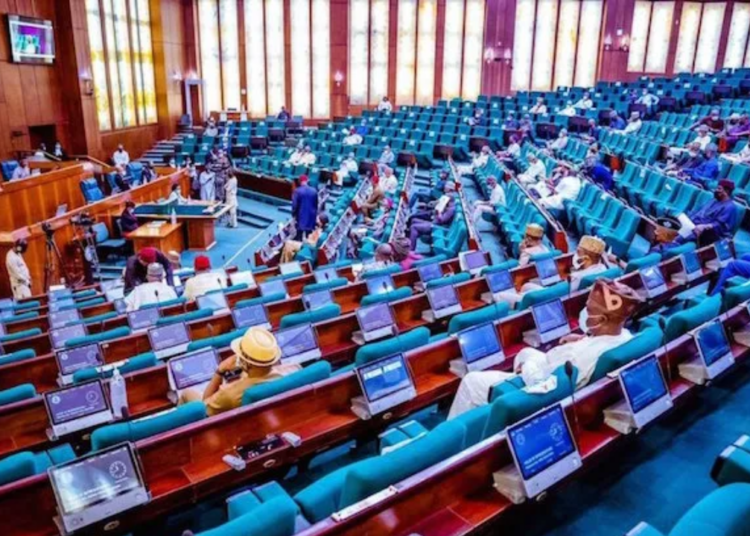The House of Representatives has stepped down a bill to amend the Electoral Act, 2022 which would make it mandatory for persons seeking to transfer their voter’s registration data to reside in their new constituency of choice for at least two months.
The proposed legislation was stepped down when it was mentioned for Second Reading at plenary yesterday but received stiff opposition from several lawmakers.
Sponsored by Abiodun Faleke (APC, Lagos) planned amendment was titled: “A Bill for or an Act to Amend Section 13 of the Electoral Act, 2022 to introduce new provisions to ensure that a person seeking transfer of his or her voter’s registration data resides in the constituency to which he or she applied.
In a debate against the bill’s
provisions requiring an applicant seeking transfer of his or her voter’s registration data to provide his utility bill, Hon. Kelechi Nwogu from Rivers state said though well-intended, the amendment will disenfranchise eligible voters, if passed into law.
“Asking eligible voters to show proof of residency through utility bills will disenfranchise eligible voters. Though the bill has good intentions, I suggest the aspect where voters must prove their residence by their utility bill should be removed because most tenants don’t pay utility bills in their name but in landlords’ name,” he argued.
In his intervention, the Deputy Speaker, Benjamin Kalu said the bill should be stepped down for further legislative action; to enable the sponsor to make necessary adjustments ahead of fresh presentation before the House.
Kalu said: “This bill should be stepped down because asking voters who intend to change their voting centre to prove their residency in such a constituency is not encouraging.
“In the last election (2023), we saw the wide difference between registered voters and those who eventually voted. We should be looking for ways to encourage voters not make them stay away from voting.
“Asking voters to get approval from community leaders even after proving that they live in that constituency is a way of disenfranchising an eligible voter. How do we define who a community leader is? What are the criteria to become a community leader? What if the community leader does not like your face? So, I suggest that this bill be stepped down.”
Consequently, the Speaker, Abbas Tajudeen who presided over plenary asked Faleke to decide whether to speak further.
But the chairman House Committee on Finance replied that: “All Nigerians submit utility bills in the bank for accounts opening. You can pay utility bills in your name and not in the name of the landlord. This bill has generated so much controversy and I will step it down for further legislative review.”











